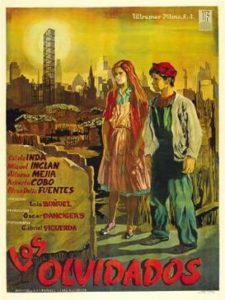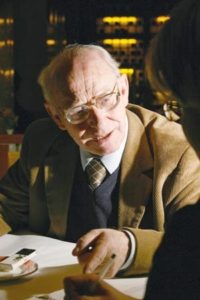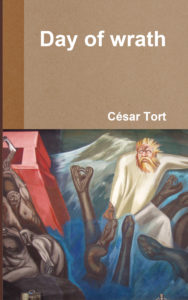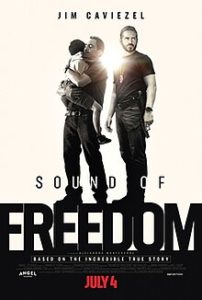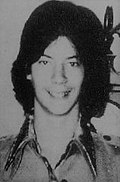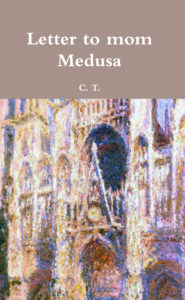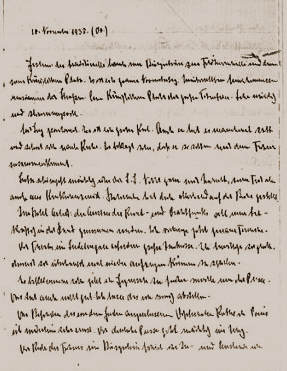In the comments section, the day before yesterday I complained that visitors don’t understand the value of studying the issue of child abuse and psychohistory, which studies its psychological consequences. I want to clarify the point.
 Twenty years ago, in the Spanish newspaper El País, Alice Miller wrote something that made my mind fly to my mother’s behaviour (my translation): ‘Where does this repressed rage come from, this need to torment, humiliate, mock and mistreat defenceless human beings (prisoners and children alike)?’ Then Miller answers her question, it comes from poisonous pedagogy: ‘Children and adolescents can be beaten, humiliated and sometimes subjected to the clearest sadism without any legal consequences. Such treatment is tantamount to real torture. But it is not called that’.
Twenty years ago, in the Spanish newspaper El País, Alice Miller wrote something that made my mind fly to my mother’s behaviour (my translation): ‘Where does this repressed rage come from, this need to torment, humiliate, mock and mistreat defenceless human beings (prisoners and children alike)?’ Then Miller answers her question, it comes from poisonous pedagogy: ‘Children and adolescents can be beaten, humiliated and sometimes subjected to the clearest sadism without any legal consequences. Such treatment is tantamount to real torture. But it is not called that’.
Now grown up, this once-beaten girl, who buried her rage for years, begins to take it out on her children, repeating the cycle.
The confessions of Tyrone Patten-Walsh (Joseph Walsh was the name he used on this site), now serving a seven-year sentence for thoughtcrime in the UK, are paradigmatic in showing why we should know Miller’s work as well as psychohistory.
In a comment on The Unz Review that Walsh later deleted, because he posted it before his sentencing earlier this year and was still hoping to be declared non-guilty, he confessed:
I’ve already suffered immensely since I was 17 when I was incarcerated in a mental institute for ‘mental illness’. I’m used to suffering and I don’t expect mercy from life. Life shows little to no mercy to certain people. Consequently I have become merciless. In fact I’ve come to love the suffering and evil of this planet. As long as humans are suffering, justice is being done, that’s what I say. From my teenage years I’ve been obsessed with Satan, Hitler, Charles Manson, Evil, crime, serial killers, etc.
Walsh’s guilt-by-association looks more like a Hollywood Hitler than the historical Hitler! Remember that in my critical article ‘On commenters of The West’s Darkest Hour’ another Englishman was also a fan of Charles Manson. German National Socialists of the previous century wouldn’t even understand how some Anglo-Saxon racialists could be fans of Masson, Satanism or, openly, Evil as Walsh confesses. He adds:
If I go to prison I imagine I should feel right at home. It’s part of being a revolutionary, an outlaw. When I was younger the British state termed my thoughts and words ‘insane’, now my words and thoughts are ‘illegal’ haha. I’ve been termed bipolar, schizoaffective, autistic, Asperger, a terrorist, far right etc. by the usual psychological ‘experts’. I’m sure you can imagine my life’s story Dr Morgan. It’s the same story lived by thousands of other ‘dangerous males’ all across the West.
Yes: Walsh was a martyred teenager by the System. But he didn’t know how to process his abysmal pain. Although when I met him in London he said things that I thought were the most lucid I have ever heard about Aryan ethnosuicide, he followed a very different path from mine (I too had been martyred by my parents). Walsh’s comment to his pal Robert Morgan ends with these words:
I’ll finish with an amusing anecdote. Ten years ago Carolyn Yeager interviewed Tom Metzger and Metzger was talking about the Jews’ collective will to power. Carolyn asked Metzger “Where’s our will to power?” and Metzger paused for a split second then said “They’re all in prison”. Yeager was appalled by Terrible Tommy’s statement and said “Oh, come on”. I wouldn’t have expected her to understand but Metzger certainly did, lol. Thanks for your words of support anyway.
I would put it differently.
When Hitler was triumphing in Europe Carl Jung said that there were two collective unconsciouses: the Jewish collective unconscious and the Aryan collective unconscious. Unfortunately, the Aryan is prey to the former.
For those who are prey to the Judeo-Christian collective unconscious, the interview with Tom Holland that I embedded yesterday is a splendid opportunity to understand what’s going on in our little heads. Such an insight is opposite to Hollywood Nazis admiring Masson, Satan or idealising prison. Today’s prisons are hellish compared to Hitler’s incarceration after the Putsch, as we saw recently in that passage from Brendan Simms’ biography. The Landsberg prison was a five-star hotel compared to the prison Walsh and his friend Chris Gibbons, whom I also met, are now suffering.
Incidentally, recently the Greek man who told me he was going to commit suicide, also mentioned in ‘On commenters of The West’s Darkest Hour’, sent me an email confessing that he hadn’t done it! I suggested that he write his most painful memoirs, as I did in my autobiographical books, in pursuit of the only therapy that saved me. I don’t know if he will follow my advice but another commenter on this site, also committed like Walsh to a mental hospital for a while, has begun to write his memoirs.
More on how the most abusive parents undermine the mental health of the child can be found in my book Day of Wrath, the PDF of which is linked in the featured post.
